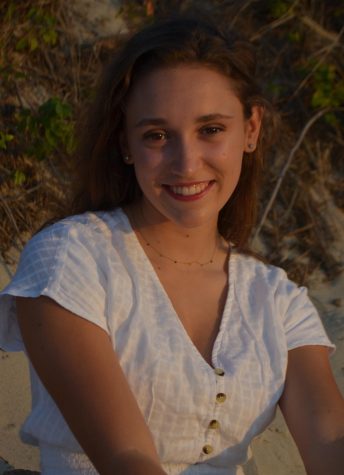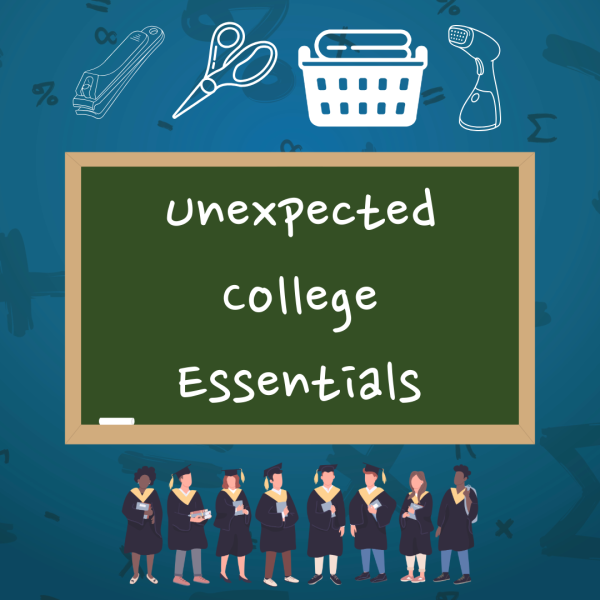WHS Guidance Department Hosts Mental Health Workshop
COVID-19 has not only taken a toll on people’s physical health but also their mental health. Between the tediousness of online school, social isolation and the anxiety of living during a pandemic, mental health may be at an all time low for some students. Walpole High School adjustment counselor Christina Campbell, along with the guidance department, hosted a mental health workshop for students on Wednesday March 24 to provide advice and resources for students.
Campbell brought in specialists from the Balanced Learning Center in Fall River, which is a collaboration of mental health support, speech and language services, occupational therapy services and group work. Some group programs that they have include Girl Group, LGBTQ+ Empowerment and Resiliency Group, Gender Support Group, as well as play based groups for younger children and groups solely for adults. Balanced Learning Center focuses on inclusion and diversity and works to provide support for children and adults.
“The purpose of these groups is to connect kids with each other and create that space where they can get to know each other and learn. Learning and connecting is the basis for a lot of our groups in addition to working the clinical therapeutic skills like communication, self regulation, coping skills and that is all connected with all these groups,” said Cayla DiSano, Community Programming and Development director at Balanced Learning Center.
The workshop was conducted via Zoom and students were able to protect their own privacy by having their cameras off and only participating when comfortable. The leaders of the workshop encouraged a more collaborative experience by getting viewer responses and participation through menti.com, an online platform that shows answers anonymously which helps create a safe environment where students feel heard.
During the workshop, topics such as emotional wellness in general, how to accept emotions, self care, the intersection of mental and physical wellness as well as signs of emotional suffering were discussed to educate students. Participants learned different ways to not only take care of themselves and get support, but also how to help their peers who are struggling. Data provided by Active Minds survey group helped show students that they were not alone and was used in the presentation to reveal just how common symptoms of poor mental wellness are during this time. The workshop also provided students with tools on breathing and a variety of meditation apps.
“[Mental health support] is important for students in general. Therapists and counselors have all been talking about mental wellness for kids literally for decades, and it is just now that it seems to be coming up more because of the pandemic. It’s a crisis that I think [allowed] big institutions to see the value in making sure that it is not just about addressing people’s mental health when it is low, it is about being proactive and addressing mental health wellness on a regular basis, the same way we deal with physical health. I think [mental health support] has always been important, but the pandemic has really highlighted that because kids are struggling,” said clinician Sara Rodrigues.
Campbell is hoping to host more events in the future that focus on mental health support for students.

Renee Abbott, class of 2021, is the Editor-in-Chief of The Searchlight. Abbott is president of Creative Writing Club, and is a choreographer for WHS Dance...












